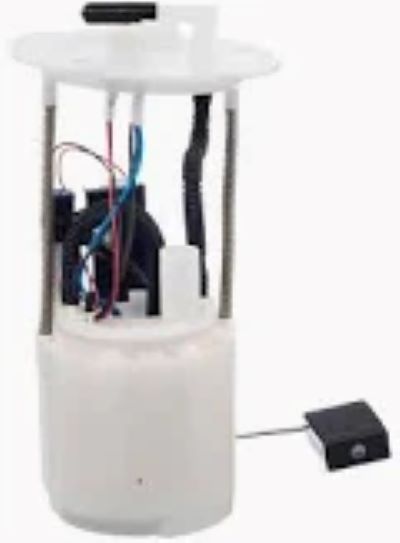If a fuel pump relay is overheating, you most likely have an electrical problem that needs to be fixed asap. The fuel pump relay supplies the power to the fuel pump, and the extraneous heat can destroy it. Needham writes that your vehicle will deliver... or notchafts for lack of a more poetic term all because she keeps beating yourselves over what you never aregetOrElsegetPostId(474521); So, there are many aspects of why a fuel pump relay is hot that have to do with overload current, load resistance or parts going bad.
First and foremost, the fuel pump could be overloaded or failing. As the pump wears, it draws more current than normal which puts excessive stress on the relay. A fuel pump draws 4 to 8 amps at idle, depending on the model, and while this is normal for an operable pump in many cases, a failing motor can draw more than 10 amps and heat up the relay. An overheating relay, forced to carry this additional current long term, may eventually fail.
The relay can overheat due to corroded or loose connections in the wiring. Less current can create more resistance, forcing the relay to use more power. That resistance translates to higher temps. According to a recent study by the National Institute for Automotive Service Excellence (ASE), wiring issues accounted for the cause of one in every five relay failures, which highlights just how crucial correct electrical connections are to optimum relay performance. You can prevent this issue by simply ensuring a secure connection of the wires, and free from corrosion.

Yet another potential problem as to why is my car overheating would be an undersized or defective relay. When the relay is incapable of handling the electrical load that is needed to power the fuel pump (a situation all too common), it will overheat as power demand continues greater than what the relay can handle. Although a typical fuel pump relay is going to be rated to handle about 30 amps, if you are running a mismatched specification relay for your application and the specs don't jive with the fuel pump's exacting specifications, that relay will quickly overheat. This can be addressed by replacing the relay with one that has a proper rating.
Sometimes the problem originates from short circuits in the fuel system which could make the relay get too hot. A short circuit causes an uncontrolled path of electricity and in turn, a current surge. This overloads the relay, gets very hot quickly. One key automaker recall in 2017 was attributed to the shorting out of fuel pump wiring and overheating relays, resulting in stalling engines among other issues. If this is the case, you need to determine why it has gone short circuit so as not to fry a new relay and cause further damage to your fuel system.
It is essential to repair immediately if a fuel pump relay heat up, so the relay or the fuel pump did not completely fail. Regular maintenance of the fuel system, like inspecting for bad wiring or making sure that every component is working properly (E.G Fuel Pump) helps prevent relay overheating.
